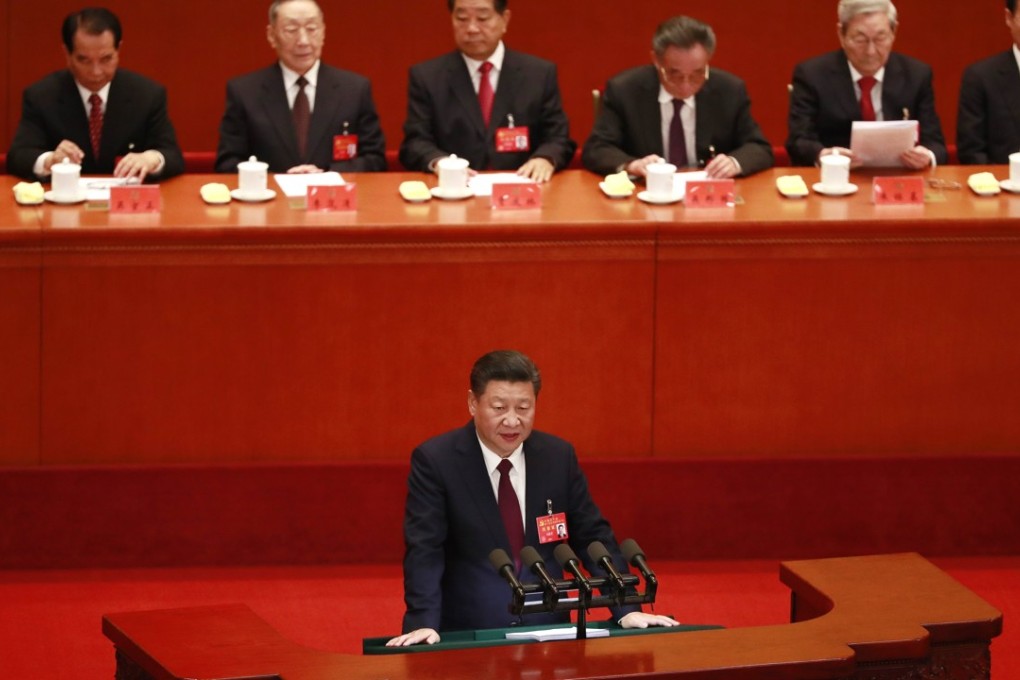Advertisement
Once China develops, then its real problems begin – as people seek democracy, fairness and the rule of law
Yao Yang says Beijing looks well on its way to accomplishing the economic goals it has set for itself, but once it succeeds there will be new demands from the public for increased personal freedoms and fairness
Reading Time:4 minutes
Why you can trust SCMP

Last October, as he opened the 19th Communist Party National Congress, President Xi Jinping vowed that the country would have a “fully modern” economy by 2035, and would reach high-income status by 2049 – the 100th anniversary of the founding of the People’s Republic. One hopes that he is more successful than China’s first premier, Zhou Enlai, who in 1964 promised “four modernisations” by the end of the 20th century.
Zhou’s plan focused on reforming four key sectors: agriculture, industry, defence, and science and technology. He did not set a specific income goal, but it is safe to say that he probably expected China to do better than it did: by World Bank standards, China at the turn of the century was a lower-middle-income country.
This time around, reaching China’s income goals might actually be the easy part. China’s real per capital GDP currently amounts to about 25 per cent of that of the United States. To join the high-income club, embodied by the Organisation for Economic Cooperation and Development, China will have to raise that figure to at least 45 per cent (depending on how real income is measured) – a level achieved, so far, by 36-40 economies.
Advertisement
China could join these countries’ ranks by 2049 if its economy grows by at least 1.7 percentage points more than the US economy every year, starting now. Assuming that the US economy maintains its long-term growth rate of 2 per cent, China would have to grow by 3.7 per cent annually. That’s a lot lower than China’s current rate of nearly 7 per cent. Even if China’s GDP growth decelerated steadily to 2 per cent by 2049, the average rate would amount to at least 4 per cent.
China inflation rate cools, hinting economy losing steam
But modernisation is about more than income. It is a comprehensive process that would ultimately transform China into a society with the kinds of benefits – opportunities, personal comforts and public services – found in today’s advanced democracies. Completing this process will not be easy.
Advertisement
Select Voice
Choose your listening speed
Get through articles 2x faster
1.25x
250 WPM
Slow
Average
Fast
1.25x